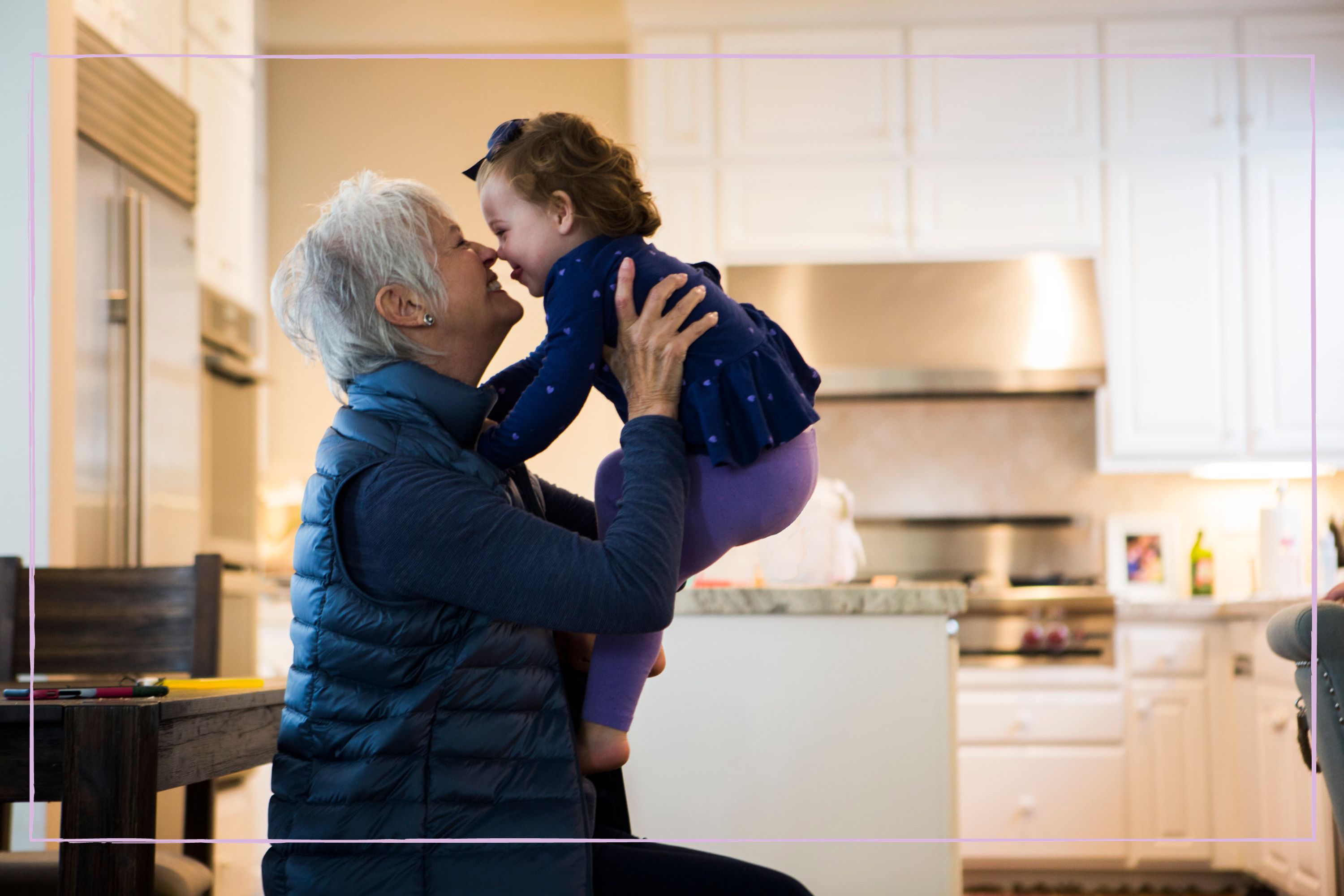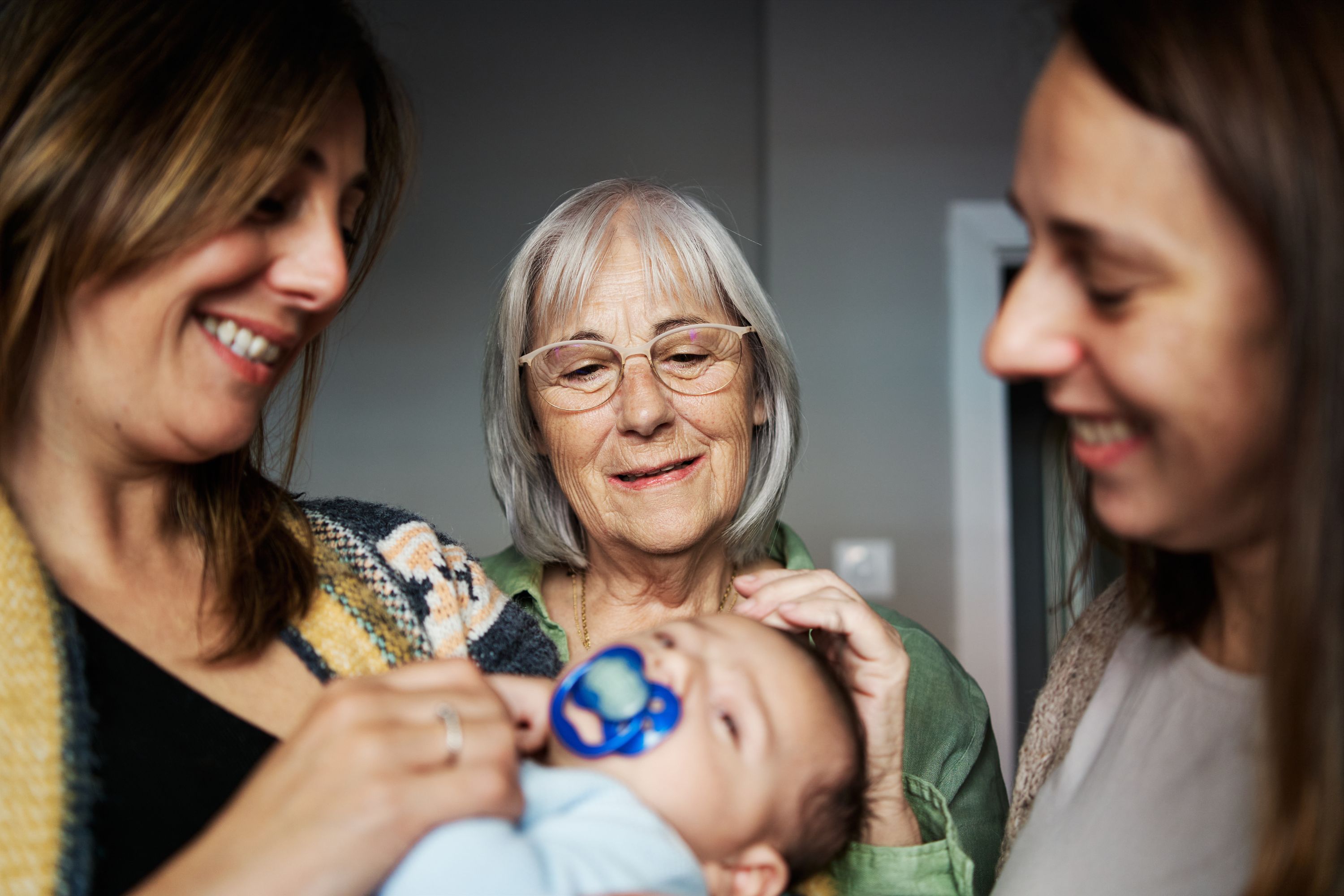
Ever noticed that one set of grandparents spoils your kids more than the other? It's totally normal, according to one scientific study.
Managing relationships with the grandparents of your children isn't always easy. There's an ongoing debate about whether the government should pay grandparents who provide childcare, meanwhile many millennials are frustrated with parents who are too busy to look after their grandkids - which, in extreme cases, can lead to estranged grandparent relationships.
But parents hoping to keep things sweet between the kids and their grandparents might be interested to know that one side of the family is more likely to agree to taking on the childcare burden than the other.
The revelation comes after a study of 1,400 children in England and Wales aged 11 to 16 asked how often each grandparent saw them, looked after them, gave them financial assistance and could be depended upon. The study was conducted by the University of Turku in Finland andpublished in the journal Biology Letters.
And it turns out that children get the most care from their mother's side. When the results of the study were combined and analysed, researchers found that children received the most care from their maternal grandmother, with their maternal grandfather ranked as the second most invested grandparent. Paternal grandmothers came in third and paternal grandfathers fourth.

Theories as to why this is the case vary, with researchers suggesting that women are evolutionarily hardwired to care for children, so maternal grandparents will do more to help their daughters bring up grandchildren.
Another controversial theory includes the idea that the maternal grandmother is the only one who can be absolutely sure the grandchild is a relative - because she has given birth to her daughter, and her daughter has given birth to that child.
The research comes after a separate study published in the scientific journal Proceedings of the Royal Society B found that grandmothers may be more emotionally connected to their grandkids than their own children.
The study recruited 50 women with at least one biological grandchild aged between three and 12 and scanned their brains as they looked at photos of that child, the child’s parents, and images of an unrelated child and adult.
A similar exercise had previously been carried out on a group of fathers, and the activation seen in the grandmothers' emotion processing areas, and in those associated with reward and motivation, was stronger, on average, than the fathers'.
If you've ever felt like your parents are more excited to see your kids than you, this could explain why.
In other family news, hubs providing support to parents and young people have opened in 75 locations in England and here are four psychologist-approved ways to teach kids to manage their anger.







